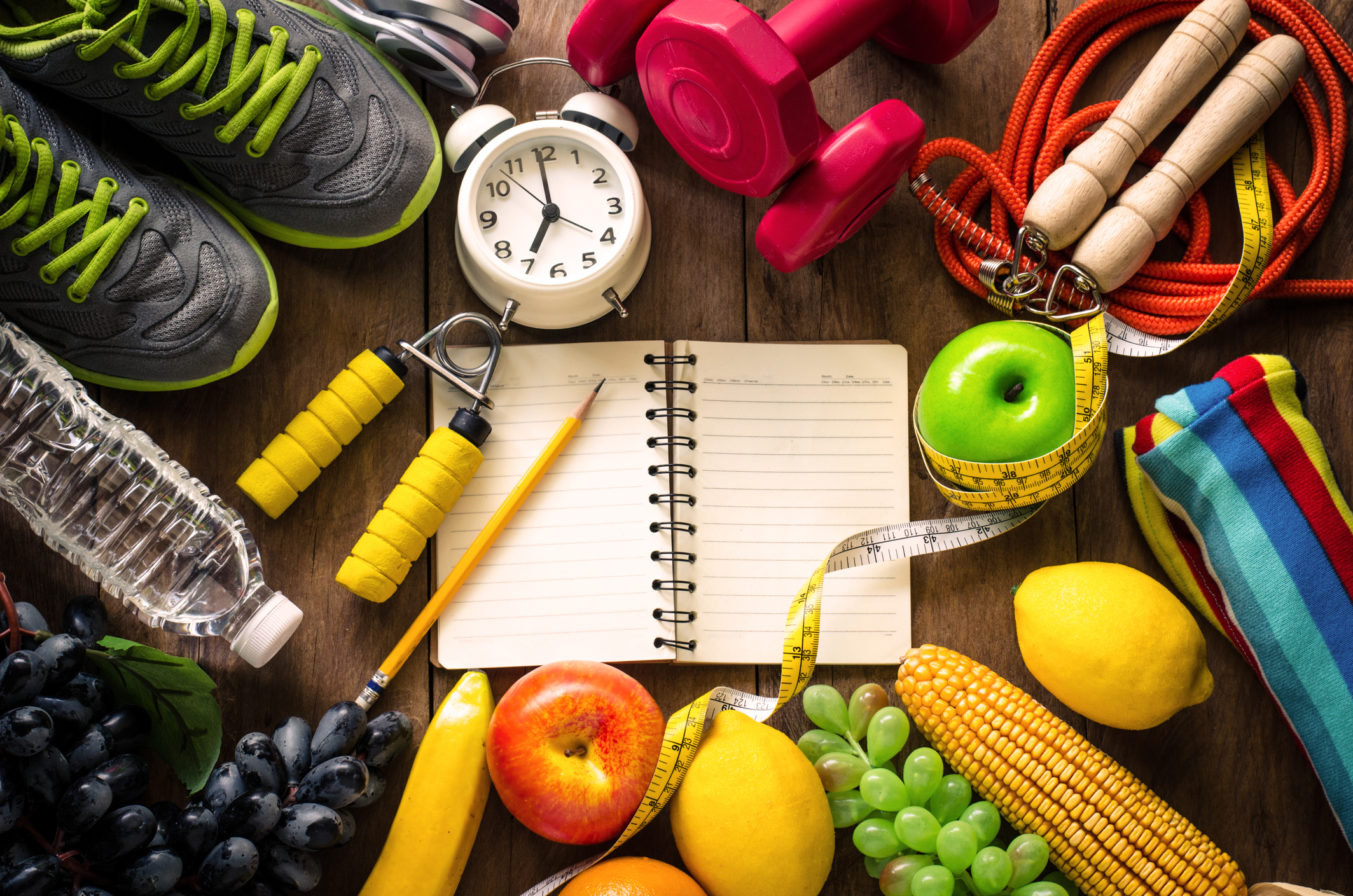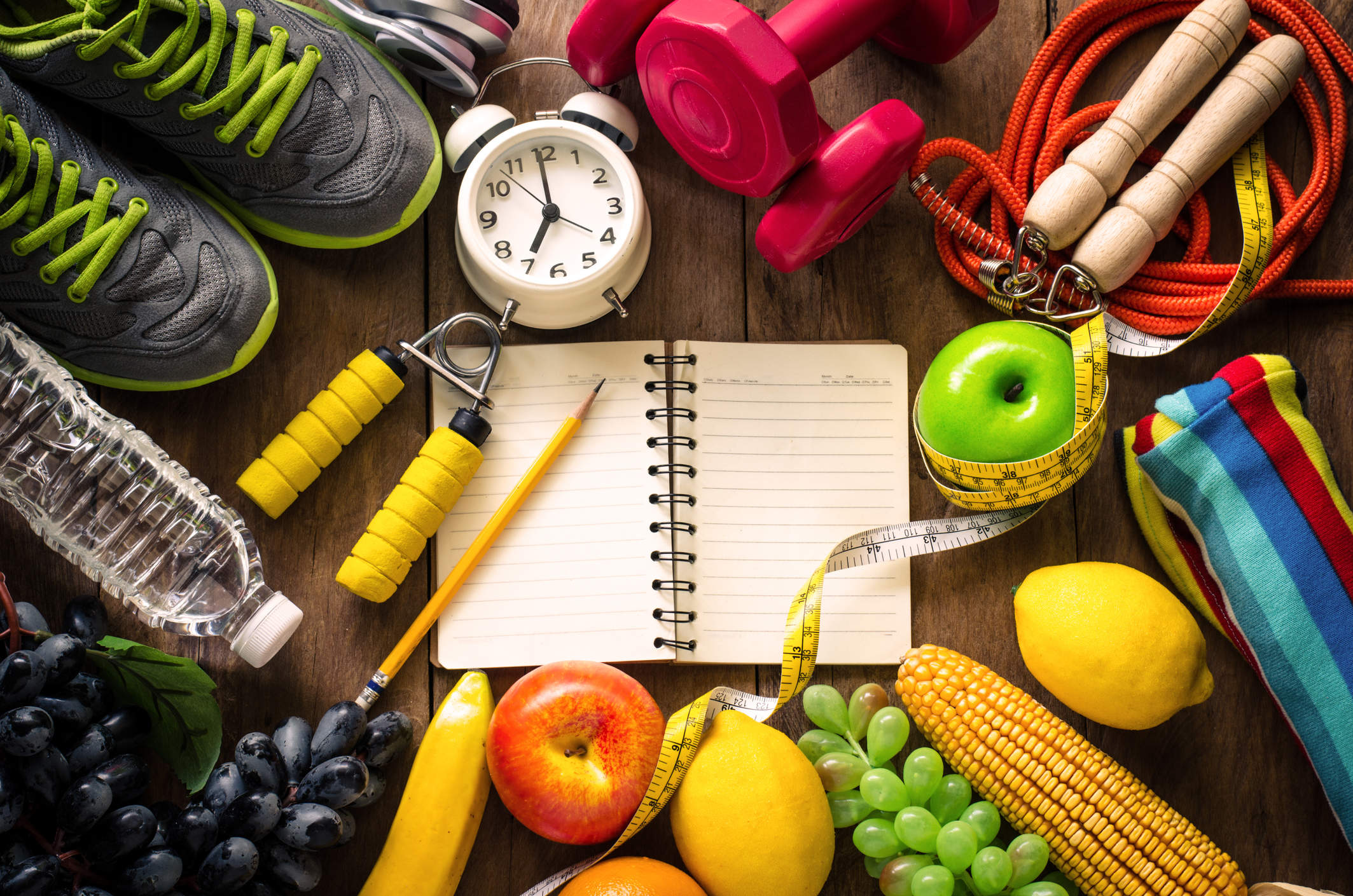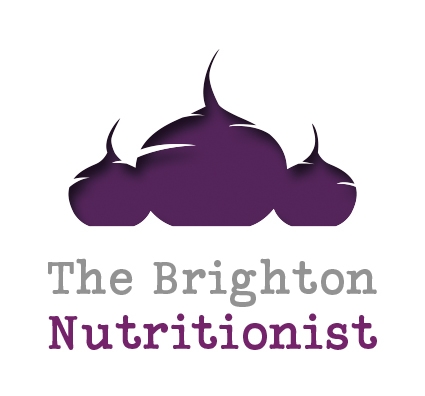Recovery Nutrition with Tom Goom from The Running Physio

If you’re out pounding the pavements early doors or late evenings, putting in the hours on foot, make it count. Get your training and recovery nutrition right. Inadequate fuelling can hamper your performance as well as weaken the beneficial adaptations of your training.
What you eat before and after your run is going to depend on your goals, how hard you’re working, environment conditions and body composition, but overall the aims are.
Before:
- To eat and drink the right amount to fuel your run so you get the most out of it.
- To eat enough so you’re not distracted by hunger
- To choose foods which agree with you so you avoid unwelcomed toilet breaks.
After:
- To reduce fatigue and optimise the training gains by eating the right food and drinks in the right amounts
- To eat foods which aid muscle repair and promote growth
- To refuel with options which support the immune function
The key things to think about before a training session:
- Timing: Eat 2-4 hours before a run so there is less chance of stomach distress. How long beforehand will depend on the individual
- Prioritise carbohydrates – a lower fibre, carb rich option which is easily digestible is best. This will top up your muscle and liver fuel stores.
- Think simple and light. Higher fat, spicy and fibre rich foods may cause digestive issues. However you know yourself best, so find out what works for you.
The key things to think about after a training session are:
- Rehydration: Prioritise this. What you drink will be dependent on your aims, so if you’re looking just to rehydrate water is your best option. However if you’re looking at replacing carbohydrates at the same time then sports drinks can be useful.
- Eat right for you: We are all different in what foods we can tolerate after exercise and how hungry we are, trial and error will tell you what works for you. In general though if you tick these three boxes you will be doing well
- Carbohydrates: make your recovery meal/snack rich in quality carbs and you’ll be nicely restocking your muscle fuel stores
- Fluid and electrolytes: as above - needed to rehydrate.
- Protein: if you include a source of lean protein you’ll promote muscle repair
Ok, it’s clear that pizza and beer may not be the fuel of choice then, sorry to break this to you Tom! So what are some good pre and post run options? Let’s have a look at Tom’s favourites. He likes peanut butter on toast a few hours before, with plenty of coffee to wash it down. This is pretty good and he knows he can tolerate it. Coffee has also been shown to improve endurance exercise performance. If Tom was to add a chopped banana to his PB on toast it would boost his carbohydrate levels further.
Post run Tom favours hot chocolate, fruit and crisps…in the bath. His milky hot chocolate is a great choice – it ticks all three boxes of carbohydrates, protein and rehydration in one go. The added sugar in the hot chocolate also causes more insulin to be released – this is a good thing as when the insulin levels are raised we can uptake carbohydrates and protein in to the muscles to start recovery. A piece of fruit will also give Tom another source of carbohydrates as well as vitamins, minerals and antioxidants. Whilst the occasional packet of crisps is fine, a healthier choice like wholegrain crackers or oatcakes with hummus or cottage cheese would give him extra fibre and protein.
We are all individual and are goals and training will vary so there is no one best thing, you may prefer not to eat in the bath for instance! Other ideas include:
- Flavoured milk
- Smoothies or fruit yogurt
- Cereals like muesli with fruit and yogurt or milk
- A sandwich with lean meat like chicken or turkey and salad
- Tuna pasta with vegetables
- Vegan options include hummus and pitta, lentil bolognese or a soy milk, nut butter and fruit smoothie.
How soon should you eat and drink after a workout? Is the 30 minute window a real thing?
Getting fluid into you, especially after a long run, is your top priority. If you are exercising more than once a day then getting a mix of carbohydrates and protein within 60-90 minutes is advisable to maximise your recovery. If not then you might want a small snack within this period, finishing the process with your next main meal.
Key messages:
- Find out what works best for you and trial any changes in training , not on the day of an event
- Ensure your choices contain carbohydrates, fluids and protein in the right amounts dependent on time and training intensity.
- Plan ahead so you maximise your chances of making the right food choices after your run.
This article is featured on Tom's website http://www.running-physio.com/recovery-nutrition/
References:
Burke LM, Hawley JA, Wong SH, Jeukendrup AE. Carbohydrates for training and competition. J Sports Sci. 2011;29(Suppl 1):S17–S27. [PubMed]
Millard-Stafford, M; Childers WL: Conger SA; KampferAJ; Rahnert JA: Recovery Nutrition: Timing and Composition after Endurance Exercise; Current Sports Medicine Reports: July-August 2008 - Volume 7 - Issue 4 - p193-201
Sawka MN, Burke LM, Eichner ER, Maughan RJ, Montain SJ, Stachenfeld NS, American College of Sports Medicine American College of Sports Medicine position stand. Exercise and fluid replacement. Med Sci Sports Exerc. 2007;39(2):377–390. [PubMed]
Saunders, MJ: Carbohydrate-Protein Intake and Recovery from Endurance Exercise: Is Chocolate Milk the Answer? Current Sports Medicine Reports: July 2011 - Volume 10 - Issue 4 - p 203-210
Hodgson AB, Randell RK, Jeukendrup AE (2013) The Metabolic and Performance Effects of Caffeine Compared to Coffee during Endurance Exercise. PLoS ONE 8(4)

